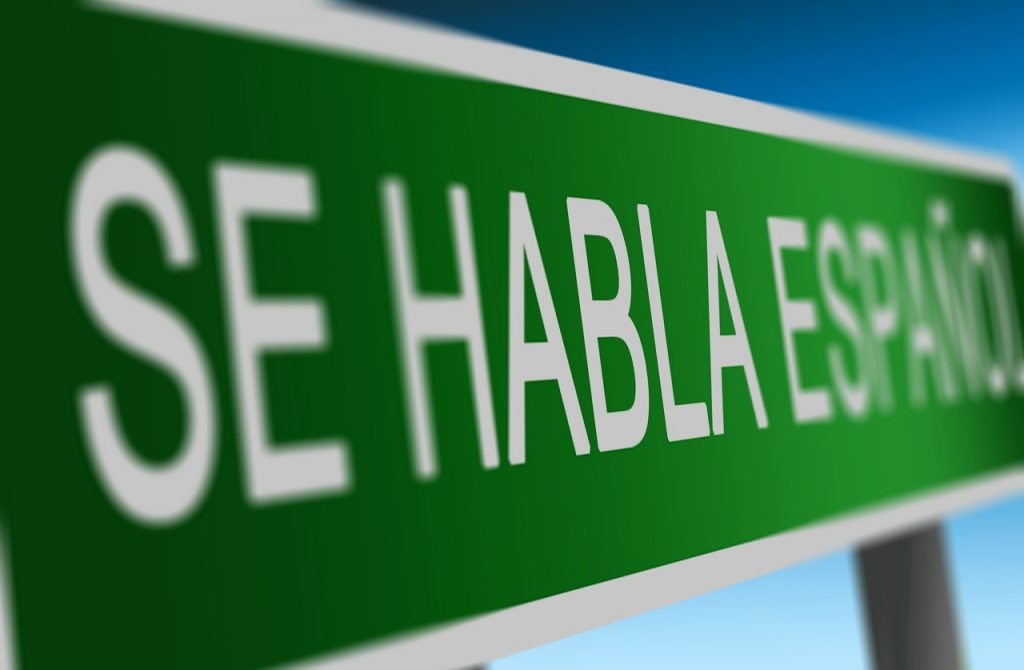Circular Economy and Lifelong Learning: Scenarios – Methodologies – In action

The momentum for the circular economy has never been stronger. Global issues, such as climate change and natural resource consumption levels, urgently require a change in our lifestyles and a transformation in our ways of thinking and acting. To achieve this change, we need new skills, new values and new behaviours that lead to more sustainable societies. But is it even possible to find a shared definition of circular economy (CE) education?
As part of the Erasmus+ CYCLE project, in which Pontydysgu are a partner, on 19 February 2019, ACR+, in partnership with Zero Waste Scotland, organised a workshop entitled “Circular Economy Competencies. Making the Case for Lifelong Learning”. brought together local authorities, experts and practitioners in the field of environmental and sustainability education to discuss this topic. The speakers of the workshop shared stories of vocational training and green jobs, sustainable consumption education and system thinking, of pedagogical models capable of empowering learners and urging institutions to include the principles of sustainability in their management structures. I introduced the project at the workshop and have contributed to the publication.
What this publication is about
This publication aims to make those experiences a shared treasure by sharing them with educators, policymakers and managers of NGOs and training organisations that intend to promote the development of local loops of circular economy through educational tools. The three chapters of this booklet are structured to cover different areas of the lifelong learning landscape:
- Circular thinking in education. Educational designers will find useful insights on: the promotion of circular holistic approach in schools; a bird’s-eye view on how tertiary education is integrating the circular economy into its educational offer; the creation of attractive learning pathways in adult training;
- Upskilling waste, repair & reuse industry. Policy makers and professionals in the field of vocational training will find useful references on the development of professional standards and competence profiles for 3R’s industries;
- Facilitating the transition towards circular economy. The last chapter contains an analysis of the links between Industry 4.0 and circular economy in Italy and the case history of a network of municipalities that have developed training courses to equip local authorities’ staff for the circular transition. In conclusion, a final article analyses the possible positive correlations between entrepreneurial education and circular economy.
You can download the publication here.

